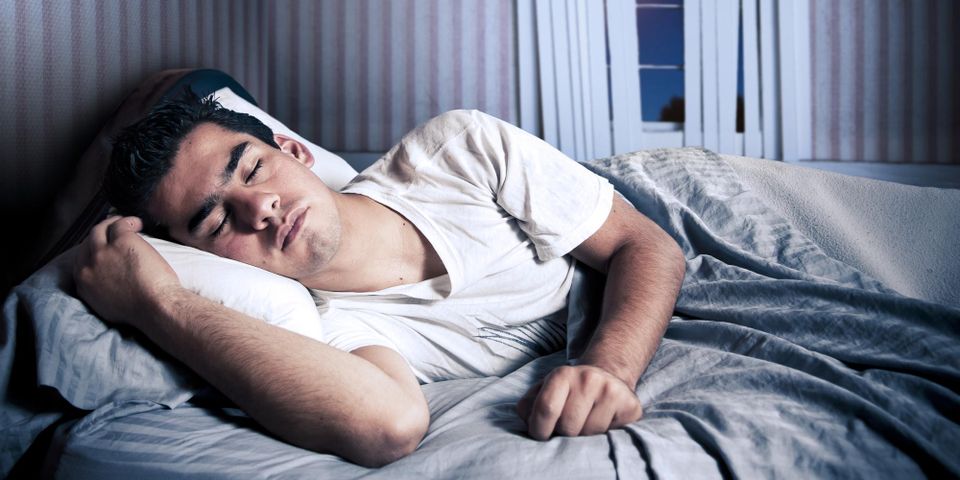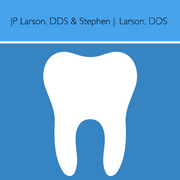
Teeth grinding—or bruxism—is a common problem among Americans, estimated to affect 10% of adults. Typically, people will grind their teeth and clench their jaw during sleep, making it difficult to detect the problem. However, if you notice that you’re suffering physical tooth damage or wake up with facial pain, you should visit a dentist to find out if bruxism is to blame. To help you better understand this oral health issue, here’s what you should know about the causes of teeth grinding and how to treat it.
What Causes Teeth Grinding?
There are many different reasons why people might grind their teeth. Commonly, people who suffer from chronic stress will experience tension in the jaw that causes grinding. Dental misalignment may also affect a person’s bite and cause them to exert excessive pressure on their teeth. The National Sleep Foundation also estimates that nearly one in four people with obstructive sleep apnea—a condition in which airway restriction impairs breathing during sleep—have bruxism.
Bruxism may also be related to certain lifestyle factors. For example, people who smoke or drink excessive amounts of caffeine are more likely to grind their teeth. Certain medications—such as antipsychotic prescription drugs—may also stimulate grinding.
What Are the Risks of Teeth Grinding?
 Bruxism—particularly during sleep—can cause pain and stiffness along the jawline, increasing the risk of temporomandibular joint disorder. Over time, the constant pressure of teeth grinding may cause physical damage to the enamel. For example, teeth can flatten, chip, or crack. If this damage persists, you may find that your teeth become more sensitive or that you have trouble chewing properly.
Bruxism—particularly during sleep—can cause pain and stiffness along the jawline, increasing the risk of temporomandibular joint disorder. Over time, the constant pressure of teeth grinding may cause physical damage to the enamel. For example, teeth can flatten, chip, or crack. If this damage persists, you may find that your teeth become more sensitive or that you have trouble chewing properly.
How Do You Treat Teeth Grinding?
If you suffer from chronic bruxism, your dentist will likely recommend using a custom night guard. This oral device is designed to fit your teeth and provide a layer of protection during sleep. If the issue is caused by alignment issues, your provider may also recommend orthodontic treatment or jaw surgery to correct your bite.
When bruxism is brought on by stress, it may be beneficial to speak with a mental health specialist about the many ways you can improve relaxation. If sleep apnea contributes to your teeth grinding, doctors can prescribe the use of a continuous positive airway pressure machine to keep your airways open during rest.
When teeth grinding is affecting your oral health, seeking treatment as soon as possible can help you avoid future damage. Fortunately, treating bruxism is a simple experience when you’re a patient at JP Larson, DDS, and Stephen J. Larson, DDS. Serving patients of all ages in Cincinnati, OH, these dentists will help pinpoint the cause of your bruxism and offer comprehensive treatment for relief—including custom night guards. If tooth grinding has caused physical damage, you can also turn to this team for reliable and affordable cosmetic dentistry services. Visit this clinic online to learn more about their services, or call (513) 528-1223 to schedule an appointment.
About the Business
Have a question? Ask the experts!
Send your question

